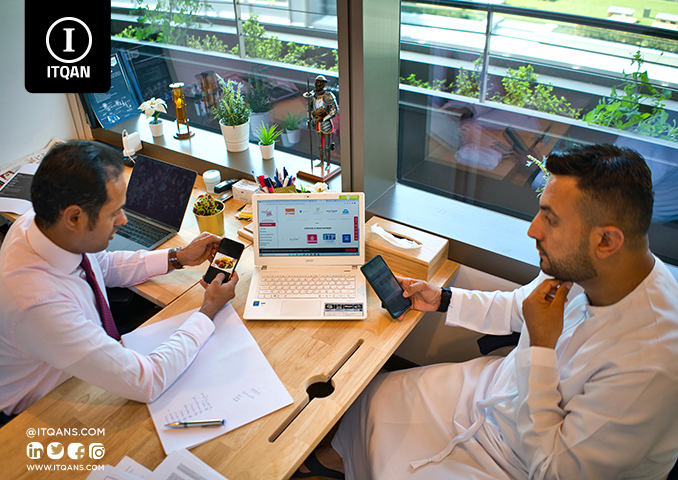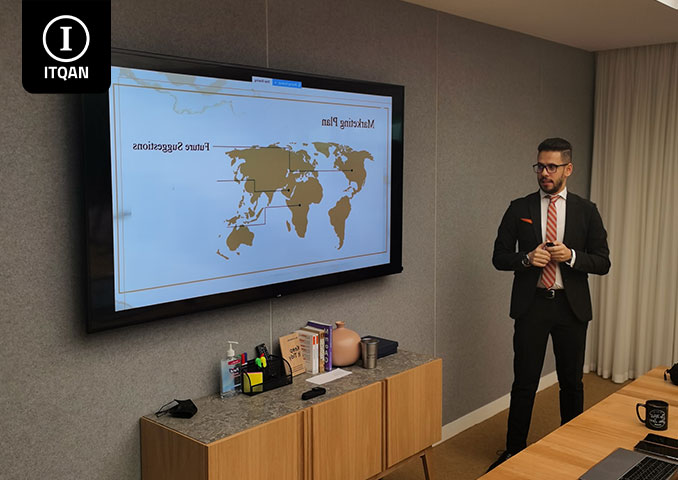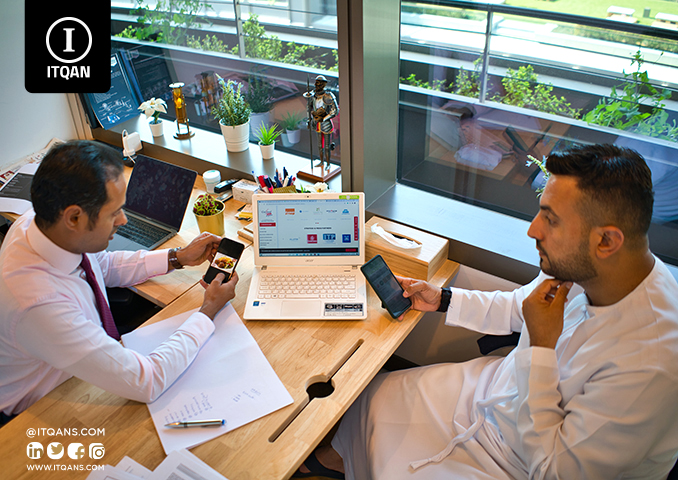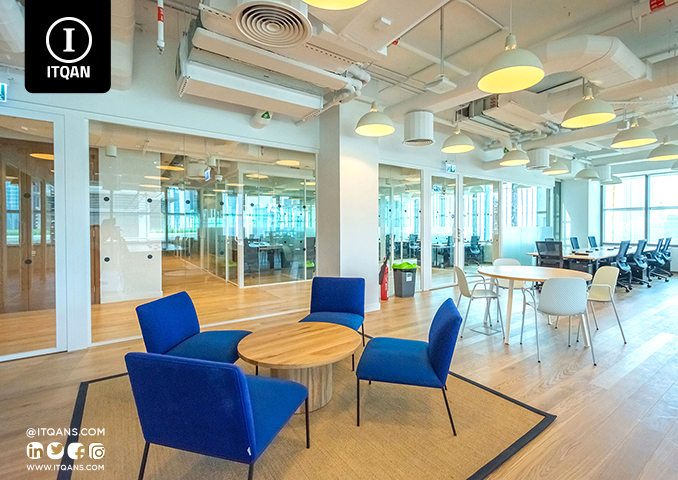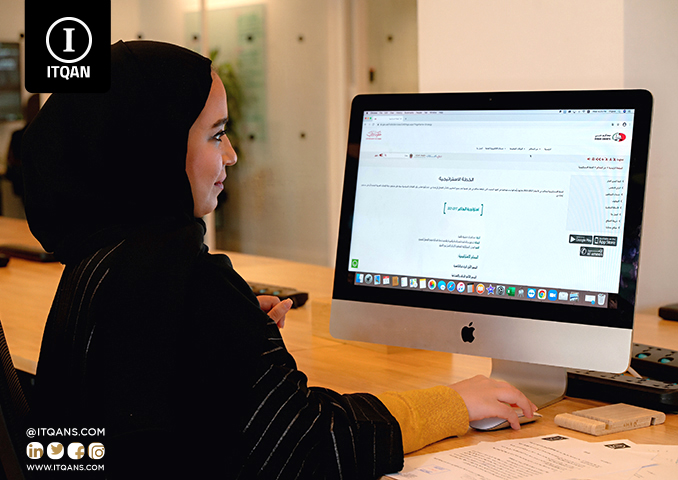Steps to establishing a business project: To create a successful business project at the present time, the process requires thoughtful and precise steps that include strategic planning and effective implementation. Cooperating with Itqan Company is a wise step, as the company provides the experience and support necessary to achieve the success of the project. This process begins with strategic thinking about the project idea, passing through market analysis and feasibility study, all the way to implementing and managing daily operations. Itqan’s specialized services help simplify these steps and provide advice and support at every stage of project launch, ensuring that goals are achieved efficiently and effectively.
To create a successful commercial project, steps to establishing a commercial project, investors and entrepreneurs must follow thoughtful steps that begin with comprehensive planning and end with the successful launch of the business. Cooperating with Itqan Company is a crucial strategic step, as the company provides the necessary experience and knowledge to facilitate all aspects of project construction and management. This cooperation includes careful market analysis, economic feasibility assessment, selection of the appropriate legal structure, as well as providing support in marketing and financing. Thanks to customized advice and effective support, investors can develop strong strategic plans that ensure sustainable growth and long-term success of their business ventures.
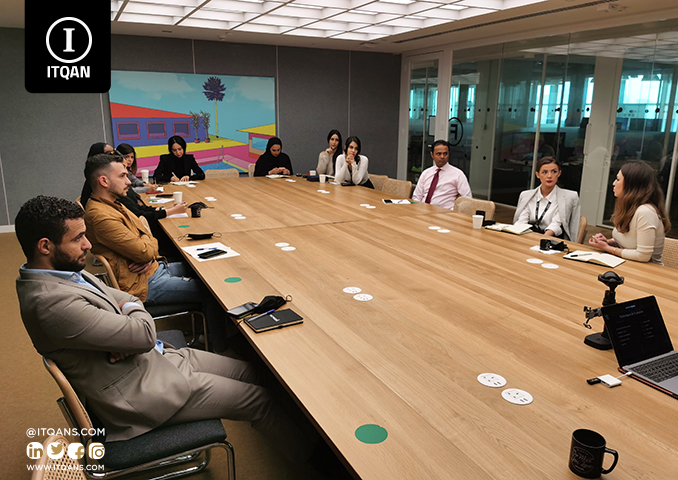
Steps to establishing a business project
جدول المحتوى
ToggleThe first steps to take to create a business
To create a successful business, the first steps are crucial to establishing a strong foundation on which to build. Here’s an introduction to the first steps in starting a business:
- Defining the business idea: The first step in creating any business project is defining the business idea. This idea must be innovative, sustainable, and compatible with the needs of the market and potential consumers.
- Conducting an economic feasibility study: After defining the idea, a detailed economic feasibility study must be conducted. This study includes market assessment, financial analysis, and potential risk assessment. This helps determine the feasibility of the project and prepare for implementation.
- Writing a business plan: Based on the results of the feasibility study, a comprehensive business plan must be written that defines the project objectives and strategic and operational business plans. The plan also includes marketing, sales, finance and management.
- Initial financing: After preparing the plan, you must determine how to finance the project. Seed financing options may include self-investment, business loans, or partnerships with investors.
- Registration and licenses: Once the vision is clear and funding is available, you must go to register the company and obtain the necessary licenses. This includes choosing the appropriate legal structure for the company and registering it with the relevant authorities.
These first steps represent a strong foundation for creating a successful business. You must act carefully and utilize professional advice to ensure compliance with laws and success in your target market.
Basic steps for preparing an economic feasibility study
To prepare a comprehensive economic feasibility study, it requires several basic elements that help evaluate the feasibility of the proposed project. Here are the basic steps for preparing an economic feasibility study with an introduction at the beginning:
Preparing an economic feasibility study is a crucial step in evaluating the financial and economic feasibility of your proposed project. This study aims to analyze the various factors that affect the project’s success and sustainability in the market. This includes evaluating the market, competition, costs, expected revenues, and potential risks. Basic steps for preparing an economic feasibility study:
- Project Description: Explain the project idea, scope, and services or products you will provide. This also includes the goal of the project and the opportunities it aims to exploit.
- Market analysis: Study the project’s target market, determine its size and expected growth, potential customer requirements, market trends and future expectations.
- Competition analysis: Analyze potential competitors in the market, distinguish between direct and indirect competitors, and the strengths and weaknesses of each.
- Financial analysis: Estimate the capital costs needed to establish the project, monthly operational costs, and expected revenues in the short and long term. Financial analysis can also include calculations of net profitability, cash flows, and other important financial evaluations.
- Risk assessment: Identify and evaluate potential risks that the project may face, such as regulatory, market, and operational risks. Create risk response plans to deal with them effectively.
- Economic and Social Assessment: Analyze the expected economic and social impacts of the project on the local community and overall economy.
Using these steps, you can prepare a comprehensive and accurate economic feasibility study that demonstrates the feasibility and success of your proposed project in the target market.
Advantages of establishing a company in Dubai
Establishing a company in Dubai includes many advantages that make it an ideal destination for international business and investments. Here is an introduction with points about the advantages of establishing companies in Dubai:
- Advanced business environment: Dubai provides an advanced and sustainable business environment that supports all types of businesses and industries.
- Advanced infrastructure: Dubai has an advanced infrastructure that includes international airports, modern seaports, and advanced transportation networks.
- Advanced judicial system: An effective judicial system ensures the protection of rights and facilitates the resolution of disputes in transparent and fair ways.
- Flexible investment policies: Dubai provides flexible investment policies and laws that encourage foreign and local investments.
- Strategic location: Dubai is located at the intersection of major trade routes, facilitating access to global markets and expanding business operations.
- Financial freedom: Not imposing income taxes on companies in free zones, in addition to advanced banking and financial facilities.
- Economic Diversity: Dubai is characterized by economic diversity that includes many sectors such as tourism, retail, and technology, which provides multiple investment opportunities.
Establishing a company in Dubai provides a unique investment opportunity thanks to these competitive factors and the supportive economic environment, making it an ideal choice for companies wishing to grow and expand in the long term.

Steps to establish a company in Dubai
Steps to establish a company in Dubai
Establishing a company in Dubai requires following specific and precise steps to ensure compliance with local laws and regulations. Here is a point-by-point introduction to the basic steps to establish a company in Dubai:
- Study the market and determine the idea: You must first determine the type of company required and the appropriate business idea based on the market needs and available opportunities.
- Choosing the legal structure of the company: You can choose between a sole proprietorship, a limited liability company, or a partnership depending on the nature of the activity and investment needs.
- Company registration: Create a registration file and obtain a permit from the Department of Economic Development or the local commercial registry, as the case may be.
- Obtaining a commercial license: Submit an application to obtain the appropriate commercial license for the company’s activity, whether it is in a free zone or on the mainland.
- Opening a bank account: Opening a local bank account for the company to manage financial transactions effectively.
- Register for taxes: Register with local tax authorities for tax compliance.
- Residence visa for the general manager: If the general manager is not a resident of the UAE, a residence visa must be obtained to carry out management work.
These steps represent a general framework for the process of establishing a company in Dubai, and require careful implementation and adherence to local legal and administrative requirements.
Learn about the steps to create a business
Establishing a successful business project requires comprehensive effort and careful planning, and cooperation with Itqan Company enhances the chances of success and sustainability. After making the decision to start the project, and taking the initial planning steps, using Itqan services becomes vital to ensure the suitability of the idea and fully study its feasibility. This includes determining the best marketing and financing strategies, as well as achieving compliance with local laws and regulations. Thanks to the specialized support from Itqan, the project can develop smoothly and grow confidently, ensuring its continuity and success in the local and international market.
The steps to establish a business project in cooperation with Itqan Company reflect the pioneering spirit and precise strategy that ensures the success and continuity of the business in the competitive market. After comprehensive planning and careful market analysis, the project requirements are determined and the appropriate operational plan is designed. Itqan Company’s support plays a vital role in this process, by providing economic and legal consultations, and providing appropriate financial solutions for financing and investment. It also helps the company manage daily operations and ensure compliance with local and international laws, which enhances the growth and expansion opportunities for the project. Thanks to this partnership, the project can benefit from a favorable investment environment and build a strong customer base, ensuring its long-term stability and success.
Frequently asked questions about the steps to establishing a business
What are the first steps to take to start a business?
The project idea must first be determined based on the local or global market and needs. Then comes the initial planning and research to evaluate the feasibility of the project.
What is market analysis and why is it essential before launching a project?
Market analysis helps in understanding the target market, competitors, trends, opportunities, and helps determine marketing and sales strategies.
What are the basic steps for preparing an economic feasibility study?
Evaluate expected costs and revenues. Determine the payback period. Evaluate the economic and social impact of the project.
What types of financing are available for small and medium business projects?
Self-financing. Business loans. Partnerships and dedicated capital.
What are the necessary steps to register a company and obtain a commercial license?
Choosing the appropriate legal structure. Register the company in the local commercial registry. Obtaining a commercial license from the local authorities.
What legal and tax issues should I be aware of before starting the project?
Compliance with local and international laws and legislation. Tax registration and compliance with periodic financial reports.


